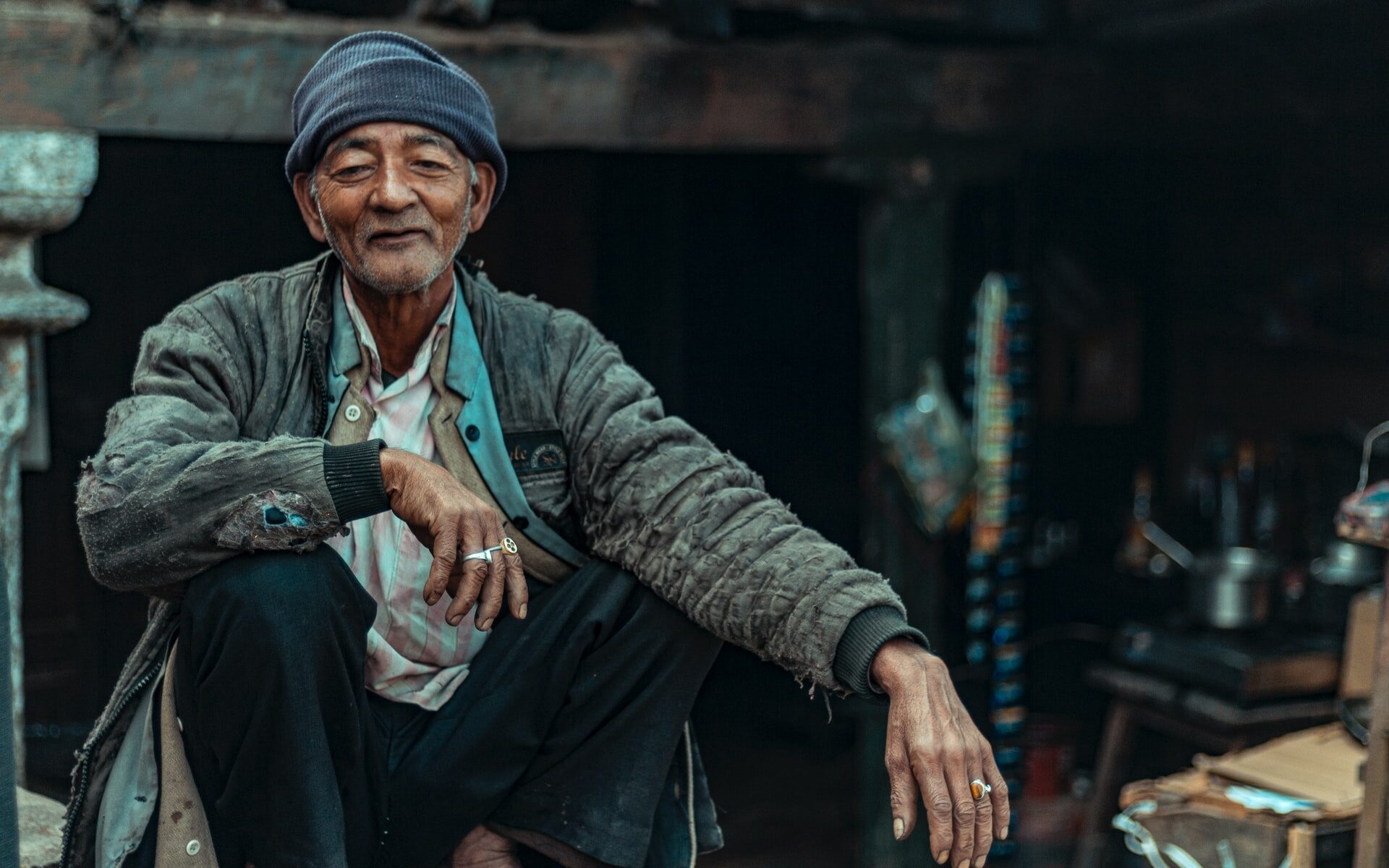Friends, thanks for joining me this Friday as we consider our impact on this world. Today, I wanted us to consider our “brotherhood” with those that suffer.
There but for the grace of God, goes John Bradford
John Bradford (Sixteenth Century)
This was a quote from John Bradford on seeing a group of prisoners being led to execution. I believe this was spoken out of good intention, paraphrasing Paul’s view of the mercy and grace of God that led to his salvation. This quote has also become quite common in our vernacular.
However, this phrase is now used in a manner completely at odds with the original intent. As with all things, this has become a self-involved statement (both within communities of faith, and without). And that is not to name and shame anyone, it is simply our human failing. To explain what I mean, let me recount a story about my own children.
We pray with our kids before bed, and often I suggest that they pray for those who are less fortunate. I tell them of kids from back home who may not have a roof over their heads or parents to provide. The intent is to instill a value of service, and of wanting to have a real impact in the world around us.
However, one night, my children interpreted this as “Thank you God that we have so much nice stuff, more than the children who have to eat from the trash” (I paraphrase). It really shocked me for a second, and of course I set them straight.
How we lose our way
It is a normal human response to subvert the need to be grateful for our blessings (which ought to motivate us to use those blessings in serving of others), into a Pharasaic view of our own exceptionalism. Part of this is a need for validation, part is a survival instinct. We believe that we can’t really impact the problem so othering the problem is a way to protect ourselves.
But the truth is we are not exceptional. The intent of the quote is quite the opposite! That we could have been those less fortunate (through the gateway of a few bad decision or poverty or a myriad of other factors), and that we ought show compassion.
We subvert that need to show compassion to others into a glorification of ourselves, and we completely misuse the blessings we have been given. But for the circumstances we were born into, the education we have had, we would have also been “unfortunate”.
“Blessed be the God and Father of our Lord Jesus Christ, the Father of mercies and God of all comfort, who comforts us in all our affliction, so that we may be able to comfort those who are in any affliction, with the comfort with which we ourselves are comforted by God,”
2 Cor 1 : 3-4
The elderly and vulnerable
In that spirit, I saw this video, and it reminded me of the plight of the elderly and abandoned. In a lot of countries around the world where population growth is in decline, cultural mores are being set on their heads. The concept of filial responsibility is being abandoned. I see it in Asia, and here as well. We will see a greater need in the coming decades to support and care for those who are vulnerable / abandoned.
In this spirit, let’s spend some time meditating on how we can be a blessing to the most vulnerable. Let’s consider the elderly in our own communities and around the world who are being abandoned in their time of need.
I’d like to highlight a work that is being done in South India called Gilgal Ashwasa Bhavan. This is an organization that houses and takes care of those that are elderly, and those that have been abandoned by society because of disability or other needs. Third world societies particularly are affected by this issue. Families don’t have economic cushions to take care of those that are in need of time and care.
My grandfather was involved in the founding of this organization, so I have a close connection to them. Please prayerfully consider learning about and supporting them, or any organization in your community or abroad that provides resources for the destitute.
http://www.gilgalcharity.org/aboutus.php
“There, but for the Grace of God, go I”

